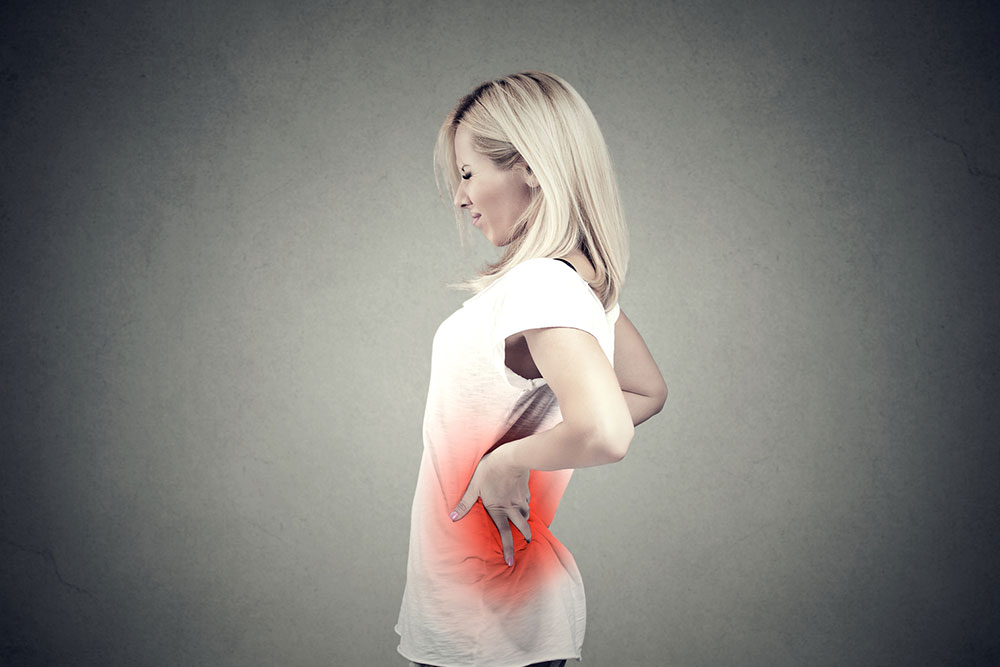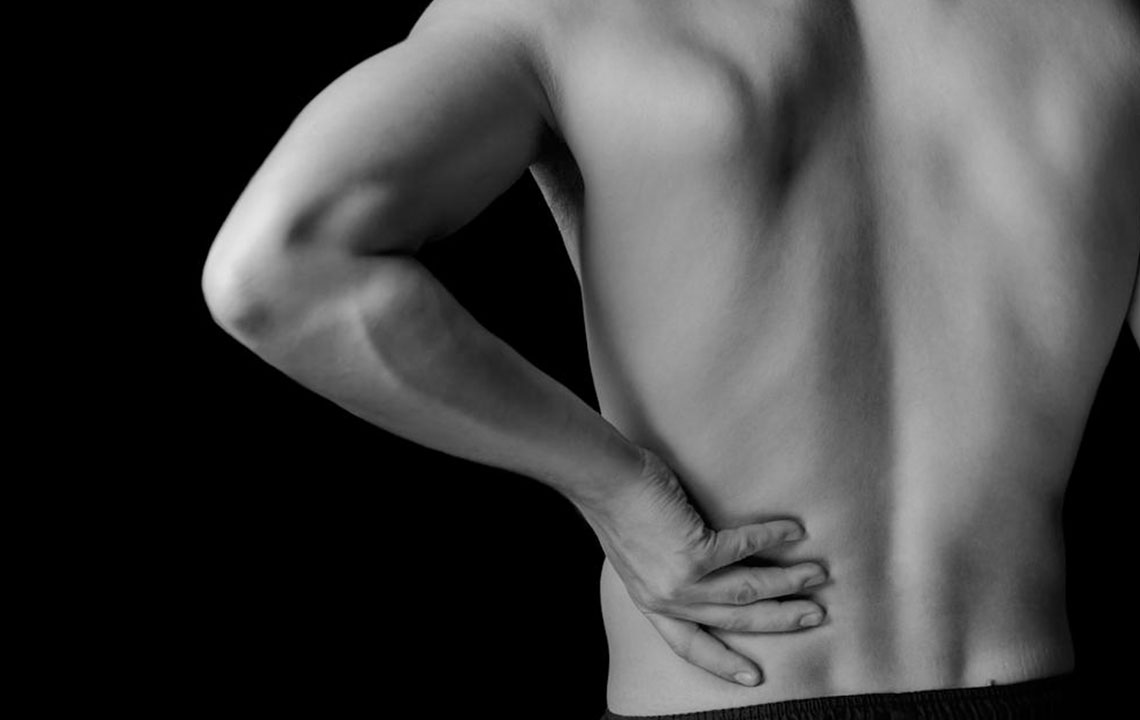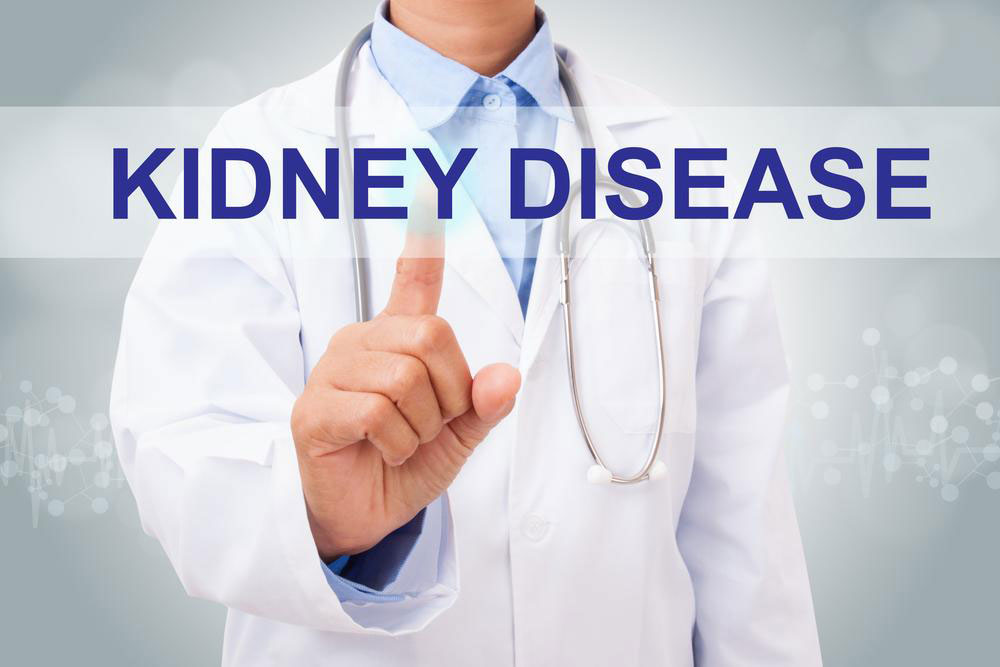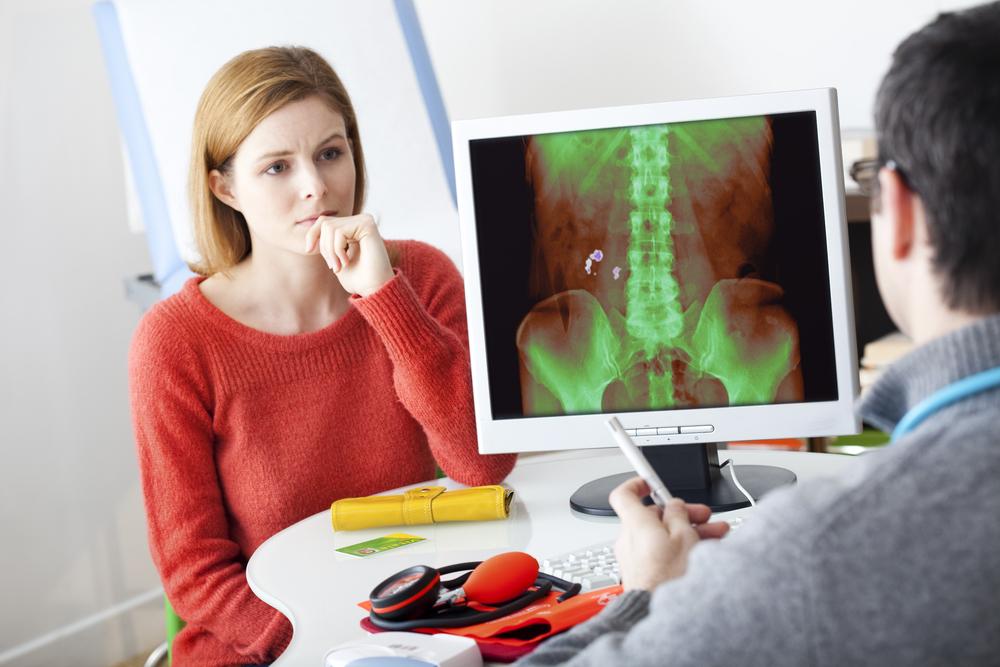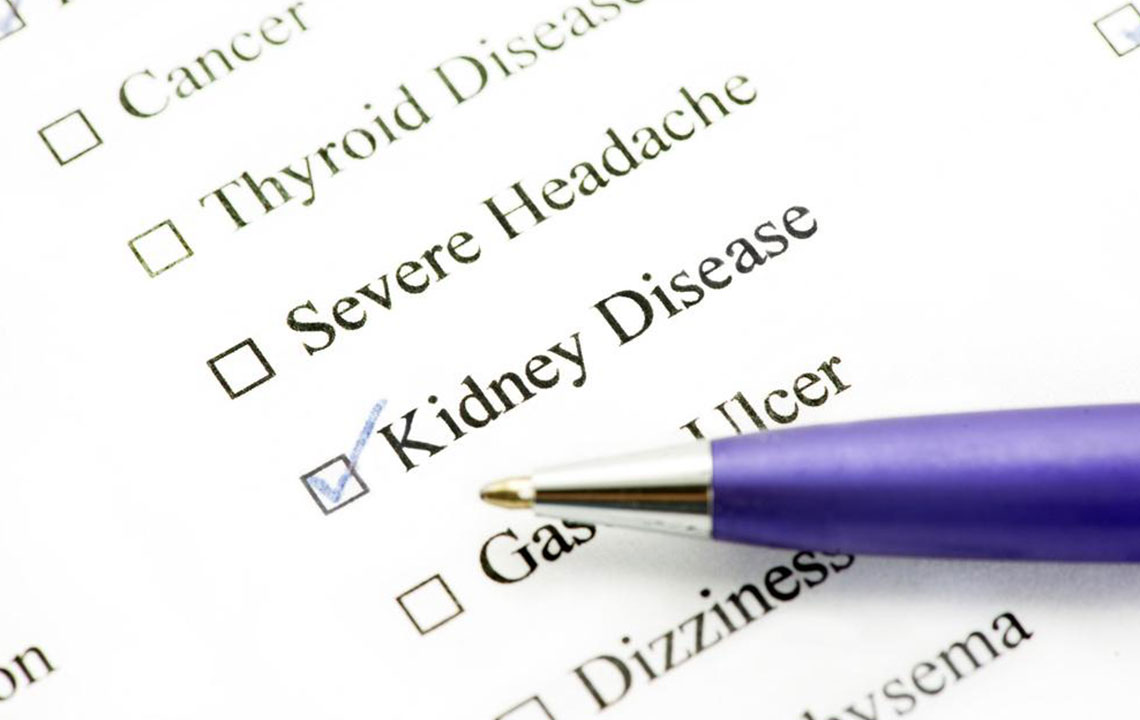Comprehensive Guide to Managing Kidney Pain Causes and Treatments
This article provides an in-depth overview of kidney pain causes such as infections, stones, and structural issues, along with effective treatment options like medication, surgery, and supportive therapies. Early diagnosis and targeted treatment are essential to prevent complications. The content emphasizes the importance of consulting healthcare professionals for accurate diagnosis and personalized care plans, highlighting various diagnostic tools and intervention strategies for kidney-related discomfort.
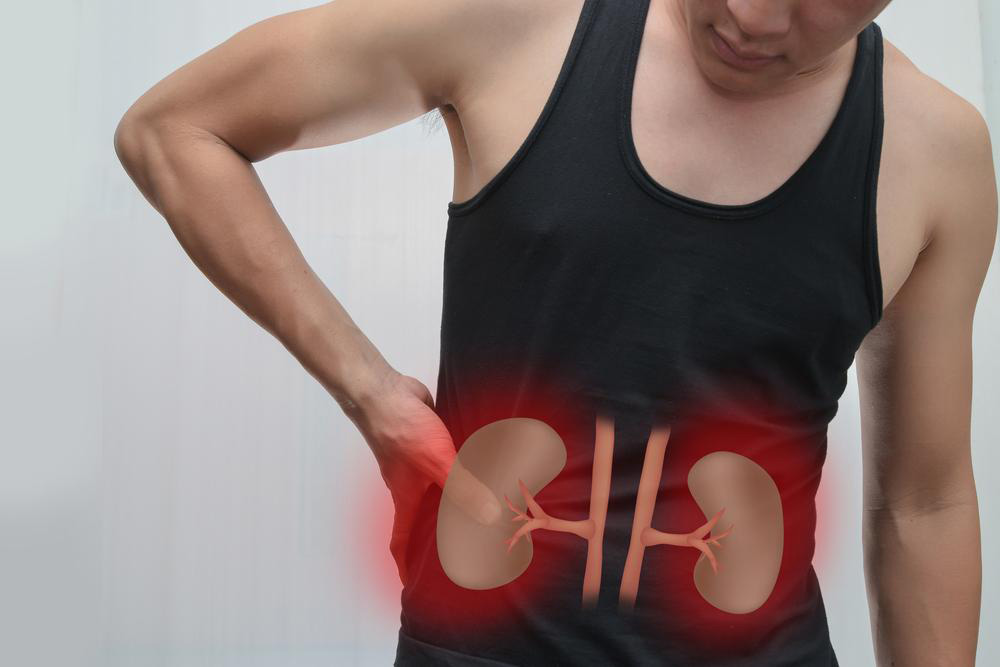
Effective Strategies for Treating Various Kidney Pain Conditions
Kidney discomfort typically manifests as pain around the upper abdomen, near where the kidneys are situated, unlike lower back pain. This pain can result from multiple causes and sometimes radiates to the groin area or flanks.
Major Causes of Kidney Pain:
Kidney infections
Hydronephrosis, caused by urine buildup due to blockages
Kidney stones
Polycystic kidney disease
Kidney bleeding or hemorrhage
Bleeding in renal veins
Renal cysts
Kidney tumors or cancer
The appropriate treatment varies based on diagnosis. Medical professionals will review your medical history, perform examinations, and may order blood and urine tests to identify the root cause.
In some cases, imaging tests like CT scans or MRIs of the abdomen and pelvis are necessary. Quick diagnosis is crucial to prevent complications. Different causes require specific treatments. Here, we outline common management approaches for key kidney pain causes.
Treating Kidney Infections:
Antibiotics are the primary treatment for kidney infections. Mild cases might be resolved with oral antibiotics over several days, with follow-up assessments. Severe infections may necessitate IV antibiotics, and persistent recurrent infections might lead to specialist referral. Surgery is generally the last resort if medication fails.
Managing Hydronephrosis:
The goal is to eliminate the blockage causing urine buildup and kidney swelling. Treatment depends on specific obstruction causes:
Ureteral blockages: Placement of a ureteral stent to facilitate drainage.
Blood clots or scar tissue: Surgical removal of obstructions and damaged tissue.
Approaches for Kidney Stones:
Management depends on stone size and formation cause. Small stones often pass without invasive procedures, with treatment options like hydration, pain relievers, and medications to relax ureter muscles. Larger stones may require more intervention, including:
Sound wave therapy to fragment stones
Surgical removal of large stones
Endoscopic procedures to extract stones
Note:This blog provides a broad overview of kidney pain causes and treatments. While research-based, it shouldn't replace professional medical advice. Always consult healthcare providers for accurate diagnosis and personalized treatment plans. The site may not include all current offers or schemes that could benefit readers.

